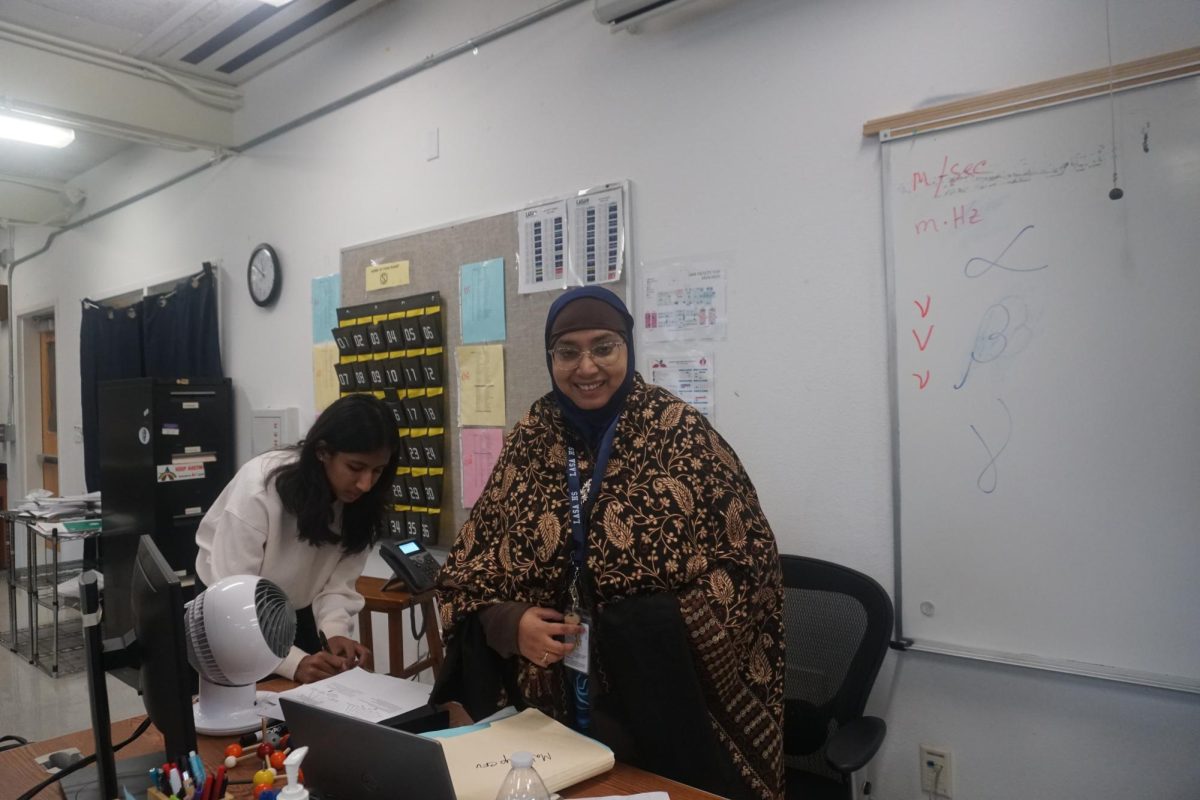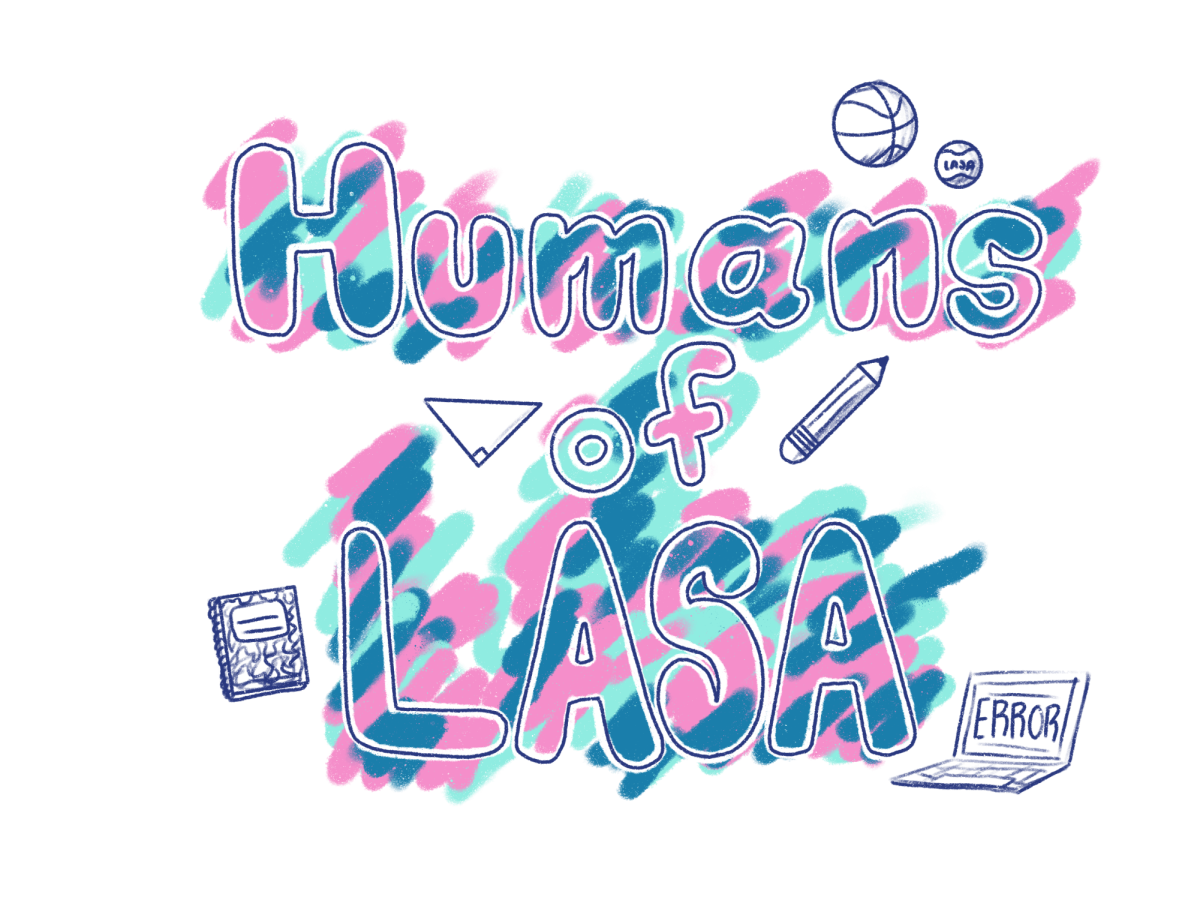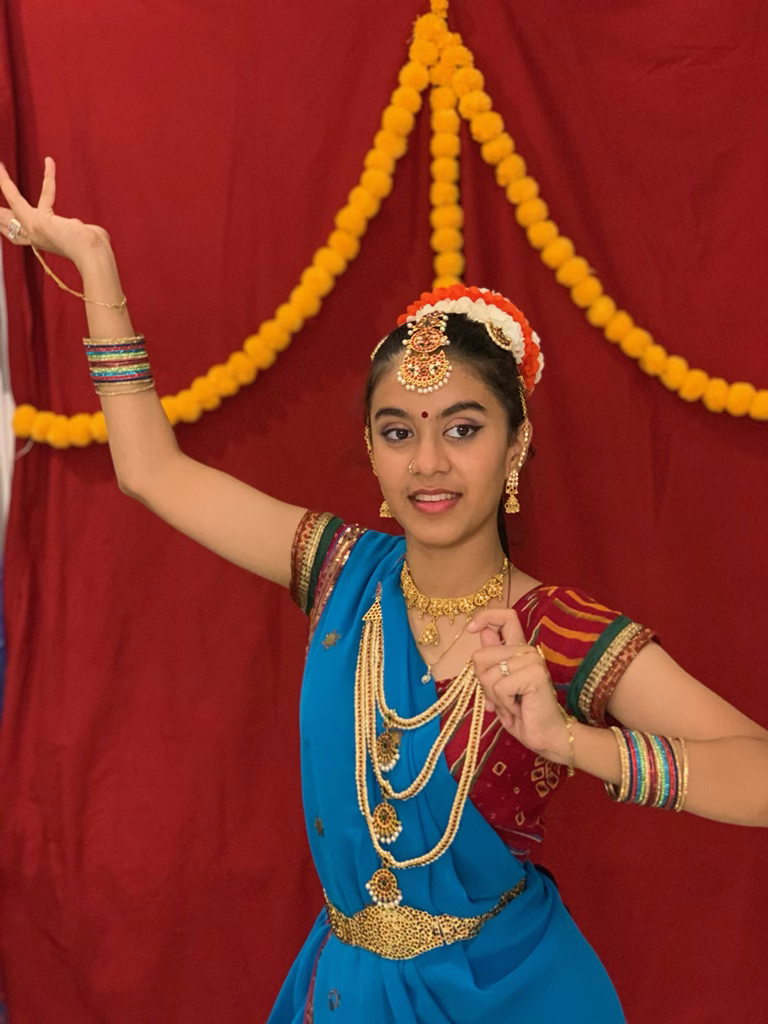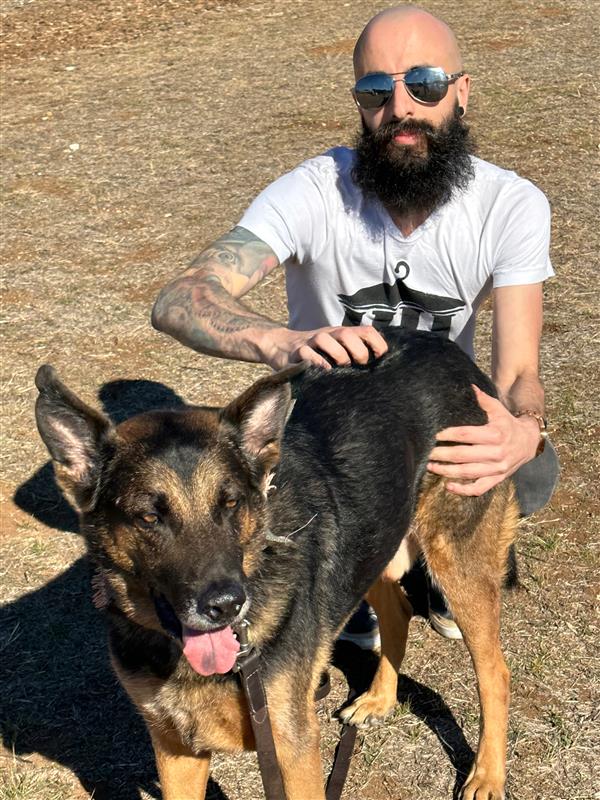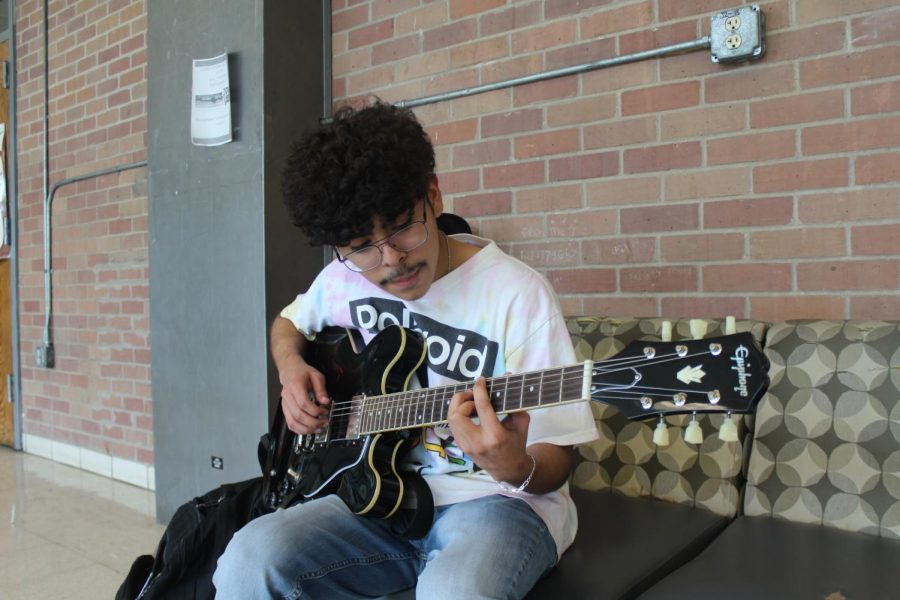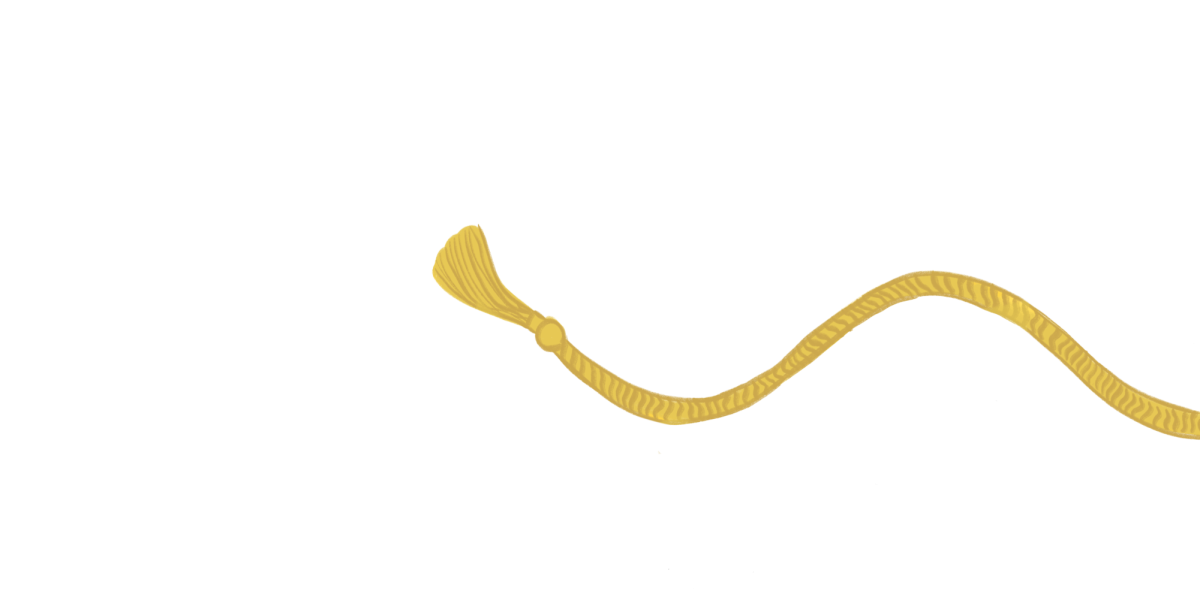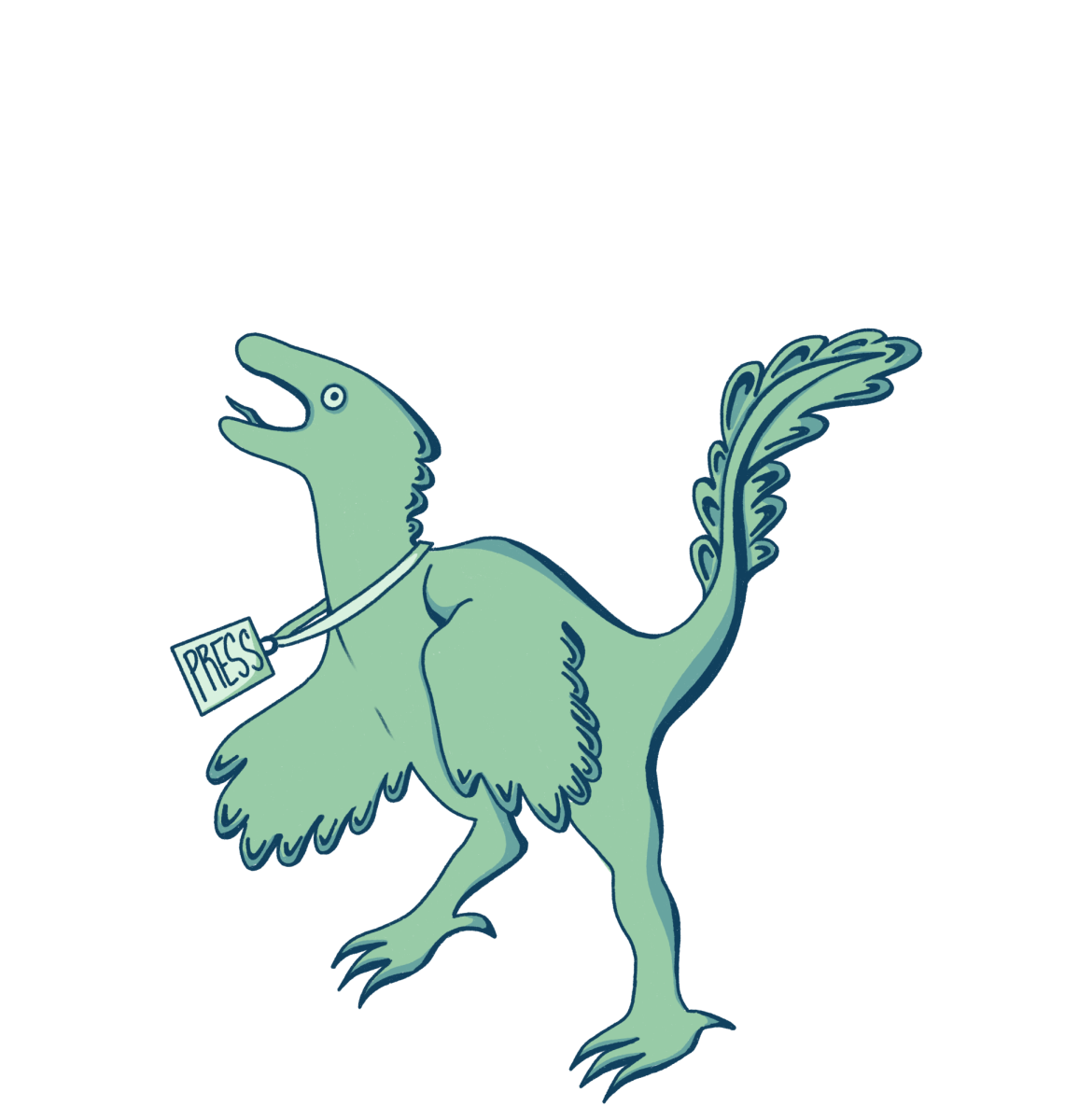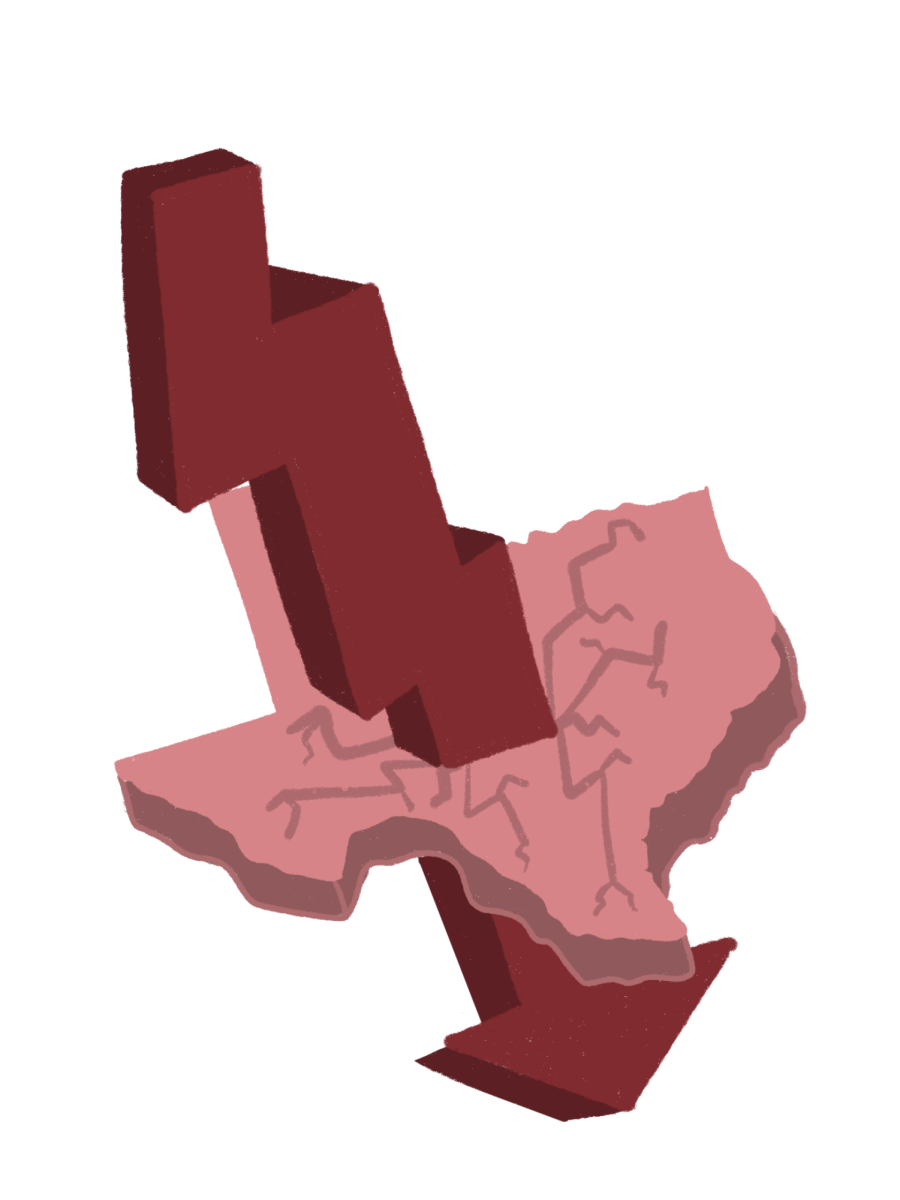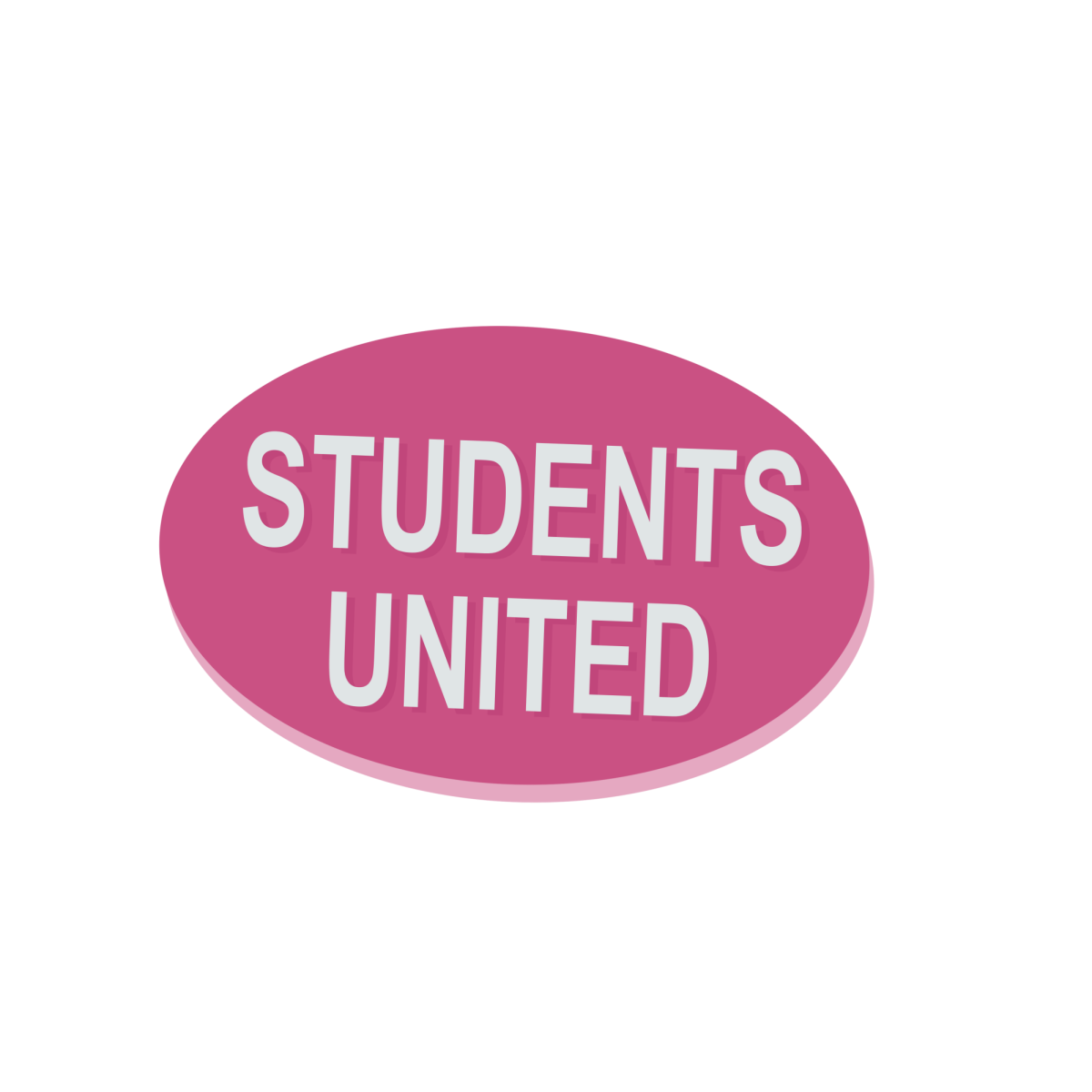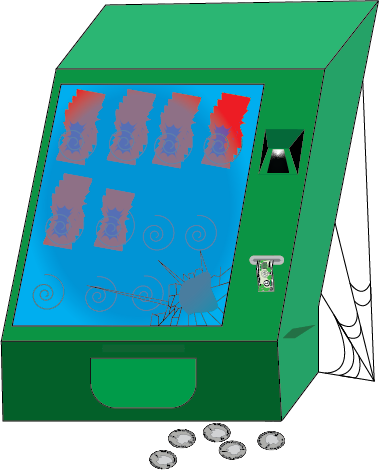Farhana Ahmed began teaching chemistry at LASA last year. Originally from Bangladesh, Ahmed has been a teacher for 10 years at various schools. She first discovered her interest in chemistry through her study of organic chemistry during high school, then found her love for teaching through her relatives and her interactions with students.
LASA Liberator: Tell us about yourself.
Ahmed: I was born and brought up in Bangladesh. It’s a small country beside India. I have all my education there except for my teaching certification that I did here.
LASA Liberator: What got you interested in chemistry?
Ahmed: My first interest was in physics. I really love physics and also math. When I was in high school, the time when I went over all the chemistry parts it really attracted me a lot. All the reactions and everything there, all the nomenclatures, especially organic chemistry. It was the most interesting part for me. I really love all the reactions and the products of organic chemistry. Organic chemistry was the most interesting part to me.
LASA Liberator: What was your inspiration for teaching?
Ahmed: I should be honest– first, I thought I would go to the corporate world, and I was working in a multinational telecommunication group, but there I felt like that place was not for me. And then I started my career as a teacher. There I was really doing so well, then when I went [back] to the corporate world, it seems like that’s not a good fit. Then I came back to teaching again, and I feel like this is my place. I really like to connect with the kids like middle schoolers or high schoolers.
LASA Liberator: How long have you been teaching?
Ahmed: I have been teaching for more than 10 years. If you count in Bangladesh and here, it is more than 10 years, but in LASA, it’s my second year. I worked in private schools, and then also as a sub I did work in different schools. Also, I have one more certification: dyslexia interventionist. As a dyslexia interventionist, I also work in different schools.
LASA Liberator: Is teaching here different from teaching in Bangladesh?
Ahmed: There are a lot of differences. Usually, you have facilities here, you do hands-on activities a lot, but [in Bangladesh] we only depend on our theory, like theoretical education. We don’t have any practical facilities. We just [use] whatever we watch on the website or any video. [The online resources are] the only thing we can visualize, but we cannot do hands-on, except for university. When I went to university, I did have exposure to all the experiments and everything, but in school, I didn’t have as much exposure as [students] do here. We didn’t have that exposure. Probably by now, like nowadays, I think they do have that exposure, but when I grew up, we didn’t have that exposure.
LASA Liberator: How do you like LASA so far?
Ahmed: As I said: a lot, because of you kids. All the students I love here, because most of you, in fact, I would say all of you are so respectful to your teachers. And I love that part, and so far, I know we do have a good relationship, teacher-student relationship that I’m enjoying the most.


